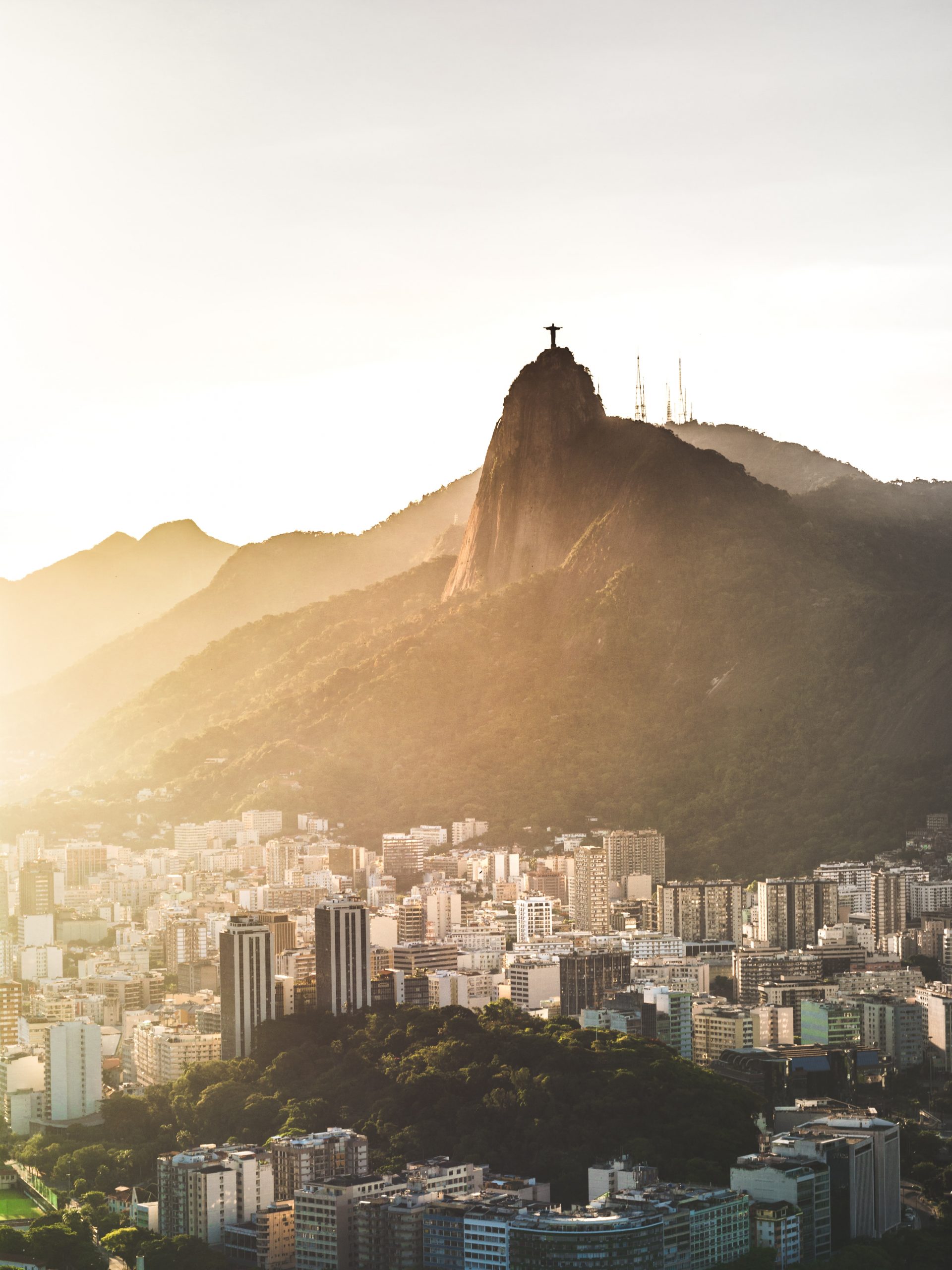
Brazil implements the Madrid Protocol and re-shapes its trademark practice
dezembro 2019
On October 2nd, four resolutions materialized the accession of Brazil to the Madrid Protocol and re-shaped trademark practice in the country. With this, the country concluded some giant steps in quite a short period of time to implement the Madrid system. On May 30, 2019, the texts of the Madrid Protocol were approved. On July 2nd, WIPO notified Brazil´s accession to the Madrid Protocol. On October 1st, the promulgation of the Madrid Protocol was issued and a day after, on October 2nd, the implementation of the system was essentially configured pursuant to the following resolutions:
- Registration of Trademarks under the Madrid Protocol: Resolution 247/2019 sets forth the procedure to register trademarks following the Madrid Protocol. It permits (1) individuals or companies, resident or with its headquarters in Brazil, to use the Madrid Protocol to apply for trademarks in other countries member of the Madrid System, as well as (2) foreign individuals or companies to designate Brazil in their International Trademark applications. The following is worth noting: a) It is only permitted the extension in Brazil of new applications. In other words, international registrations existing as of October 2nd cannot be extended into Brazil.
b) Once Brazil is designated, the application will be processed similar to a domestic application and the trademark right conferred will have essentially the same features (in terms of the duration of 10 years, scope of protection, etc.). The Brazilian Patent and Trademark Office (“INPI”) will examine the application, evaluate if there is any absolute or relative ground of refusal and, within a period of eighteen (18) months it will have to:
a. Notify the International Bureau of the provisional refusal; or
b. The granting of the trademark.
This timing should not be a problem since actual estimated timings to obtain a domestic trademark are within this 18-months period.
c) Designations of Brazil will have to come along with documents translated into Portuguese.
d) It is important to mention that, based on Brazilian regulation the applicant will have to declare that it is engaged, directly or indirectly, in Brazil in the activity identified by the requested trademark.
e) Also, for any action in front of the INPI it will be necessary to have a power of attorney in favor of an attorney qualified and domiciled in Brazil. There is a term of 60 days after the date on which the action was taken. This appointment is important since, for instance, oppositions to trademark applications will not be served to WIPO and, therefore, a local representative in Brazil is necessary to monitor the developments of the application at the Brazilian INPI. INPI´s trademark manual indicates that: “the owner of the international registration monitor publications in the Official Bulletin in order to become aware of eventual oppositions and submit replies, if it so wishes”. Consequently, the signature of a POA will be recommended as soon as possible, after the designation of Brazil in the international application. Nothing is said explicitly in this Regulation, but in accordance to local practice, it is assumed that no legalization of the POA will be required. - Multi-class system:
According to Resolution 248/2019, new multi-class applications will now be accepted, although all classes will be analyzed individually and official fees will have to be paid per class. This system entered into effect on October 2nd, although electronic filings will only be accepted as of March 9, 2020. This system will be available also for domestic applications.
Obviously, the declaration of developing the activities identified by the trademark needs to be referred to all classes identified in the application. - Co-Ownership.
Based on Resolution 245/2019, trademark applications may be filed or owned by more than one holder, as long as all of them practice effectively and lawfully activities regarding the claimed products or services. Actions in front of the INPI will have to be performed jointly. - Division of requests.
Finally, according to Resolution 244/2019, it may be possible to request the division of applications or trademarks granted. This resolution will enter into effect on March 9, 2020.